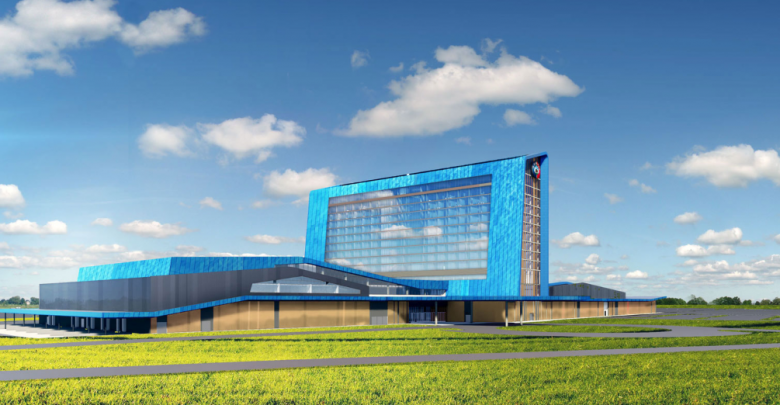Downstream Casino Quapaw Oklahoma
Downstream Casino Resort, Quapaw: See 268 reviews, articles, and 31 photos of Downstream Casino Resort, ranked No.1 on Tripadvisor among 3 attractions in Quapaw. Downstream Casino Resort, Quapaw: See 467 traveler reviews, 177 candid photos, and great deals for Downstream Casino Resort, ranked #1 of 1 hotel in Quapaw and rated 4 of 5 at Tripadvisor.
our history

The Quapaw Nation are descendants of a tribe of Native Americans who historically resided on the west side of the Mississippi River in what is now the state of Arkansas.
Downstream Casino Resort Quapaw Oklahoma

Hotels near Downstream Casino Resort; Hotels near Stand on Three States: Kansas, Missouri, Oklahoma. All things to do in Quapaw; Things to do near Downstream. 69300 East Nee Road Quapaw, Oklahoma GPS: 36.997281, -94.625726 Elevation: 1004' Get Directions. Downstream Casino Resort: slow service all around - See 268 traveler reviews, 31 candid photos, and great deals for Quapaw, OK, at Tripadvisor.
Several hundred years ago, the Quapaw were a division of a larger group known as the Dhegiha Sioux. They split into the tribes known today as the Quapaw, Osage, Ponca, Kansa, and Omaha when they left the Ohio Valley.

The Quapaw moved down the Mississippi River into Arkansas, displacing the Tunica and the Illinois. This is the origin of the word 'Ugaxpa' (“Ugakhpa”), as the Quapaw were known to other tribes, which means (roughly) 'the downstream people.'

Buffalo Run Casino Oklahoma
The downstream people settled in the area where the Arkansas River met the Mississippi, where the meandering of the two massive rivers had deposited nutrient-rich soil conducive to farming. They settled into four villages at the mouth of the Arkansas River. This is where the Quapaw stayed until they were pushed out by Euro-Americans several hundred years later.
Downstream Casino And Resort Quapaw Oklahoma
Today, many members of the Quapaw Nation live in Ottawa County, Oklahoma. Their language is of the Dhegiha branch of the Siouan language family. Although it is no longer spoken, it is documented in fieldnotes from 19th-century linguist James Owen Dorsey, and, in the 1970's, by linguist Robert Rankin.
To learn more about the Quapaw Nation, please visit www.quapawtribe.com.